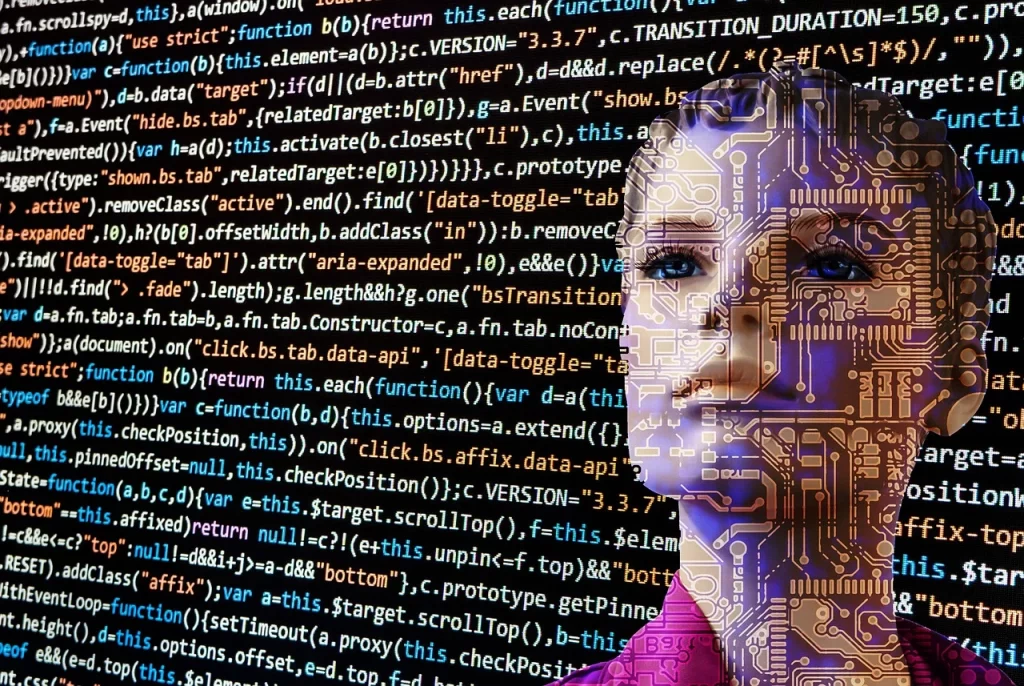New Research Suggests the Brain is a Quantum Computer

“The human brain has long been hailed as the most complex and powerful machine in the known universe. Now, some scientists are suggesting that it may be a quantum computer – that operates using principles of quantum mechanics. So, what makes scientists suggest this? Let us find out.
Consciousness
Quantum computers can perform tasks faster and more accurately than humans, but the human brain remains unparalleled in its ability to solve complex problems and think creatively. Consciousness remains a big mystery in neuroscience and quantum computing.
How does it arise from the mazy mass of neurons and synapses in the brain? Some scientists believe that quantum processes, such as entanglement, are vital to understanding the brain’s power and the ability to generate consciousness.
Quantum Entanglement in the Brain
Researchers at Trinity College Dublin employed a technique to search for signs of quantum gravity and discovered indications that entanglement, a phenomenon where particles become linked and behave as a single entity, may exist in the brain. If these findings are verified, they could represent a significant step in our understanding of the mysteries of consciousness and the brain.
The researchers used an MRI machine to investigate the behavior of proton spins in the brain. They were specifically interested in whether these proton spins could become entangled, a phenomenon in which two or more quantum particles become connected and their properties become interdependent, even if they are far apart.
The scientists examined the proton spins of 40 subjects while measuring their heartbeats using the heartbeat potential (HEP) signal. They observed a correlation between the HEP and an increase in the nuclear magnetic resonance (NMR) signal, a marker of proton spin interactions.
These findings led them to speculate that the observed effect may be due to entanglement and influence from an unknown quantum system. While these findings are intriguing and suggest that quantum processes may be related to consciousness and brain function, more research is needed to confirm these results and understand their significance.
The Role of Quantum Processes in brain Function
According to Dr. Elizabeth Fernandez, a science communicator and Astrophysicist on the team, there have been some hints that quantum processes, which rely on principles of quantum mechanics, may be at work in the brain. These processes help the brain process sensory input and play a role in various brain functions.
However, it is strenuous to study these processes because the brain is a complex and poorly understood system that is difficult to measure and observe quantum processes. Additionally, if the brain uses quantum computation, the quantum operators involved may differ from those known in atomic systems. Therefore, it makes it even more challenging to study and understand them.
Quantum Gravity and Brain Function
Quantum gravity is a branch of physics that seeks to reconcile the principles of quantum mechanics with those of general relativity, which governs the behavior of large-scale objects and the force of gravity. It is a challenging task because these two theories are fundamentally incompatible.
However, scientists at Trinity College Dublin have tried to employ methods to study quantum gravity to examine quantum processes in the brain, as both areas still need to be fully understood. By doing so, they hope to gain a deeper understanding of the fundamental nature of the universe and how it operates.




